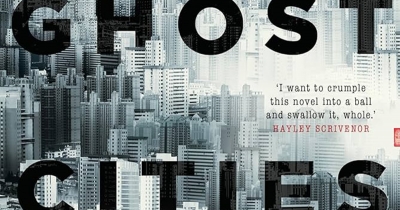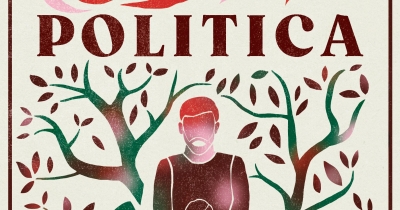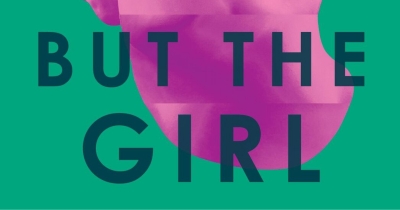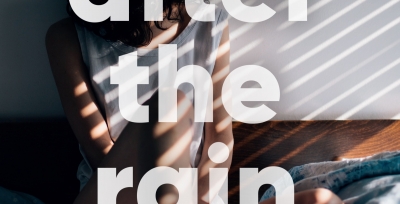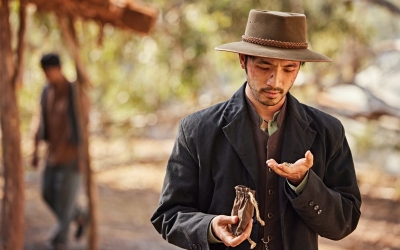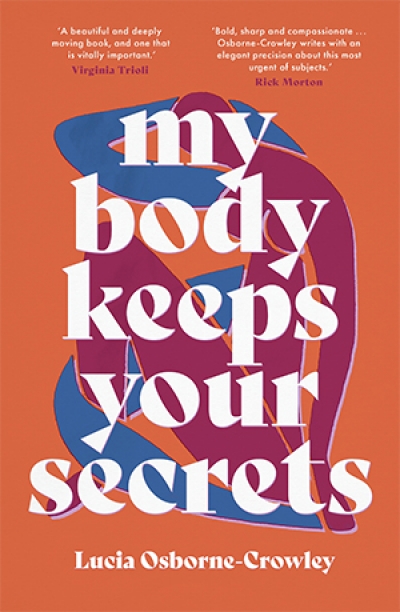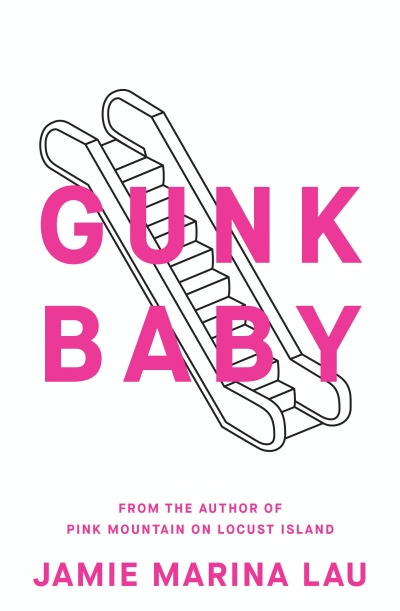Giselle AuNhien Nguyen
Prior to watching New Gold Mountain, the only account I had come across of the gold rush of the 1850s from a non-white perspective was in Monica Tan’s memoir, Stranger Country (2019). On a six-month road trip around Australia, Tan met Eddie Ah Toy, an elderly, fifth-generation Chinese-Australian man whose ancestors came to Australia to work on the goldfields. Recently for SBS, Tan wrote, ‘I belong to a new wave of Chinese-Australian creatives who are patiently sifting through the footnotes of Australian history and carrying on the restoration and revival work of those that came before us. Only time will tell if our work repositions the experiences of our community as central to Australia’s origin story.’
... (read more)

